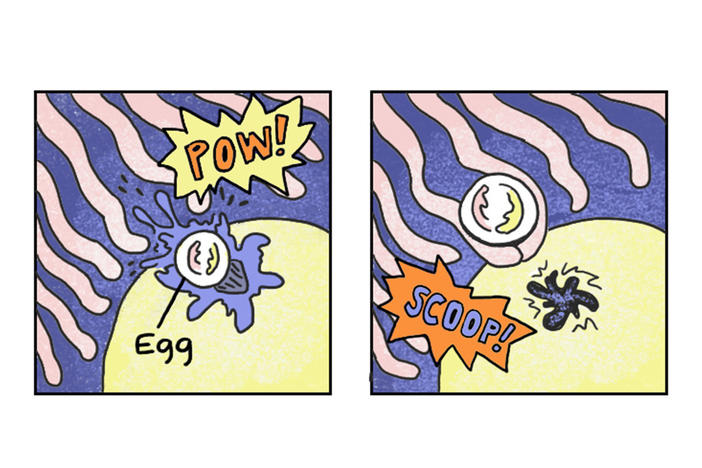Section Branding
Header Content
Pfizer Submits Favorable Initial Data To The FDA On Kids' COVID-19 Vaccine Trial
Primary Content
Pfizer and BioNTech are another step closer to seeking authorization for young children to receive the COVID-19 coronavirus vaccine, submitting data to the Food and Drug Administration that shows a "robust" antibody response and "favorable" safety outcomes in kids ages 5 to 11 who received the two-dose regimen in clinical trials.
The companies plan to submit a formal request for emergency-use authorization of the vaccine for that age range "in the coming weeks," they said Tuesday.
News of the data submission comes a week after Pfizer announced promising results from the trials, which have been closely watched by parents eager to protect their children from the coronavirus. COVID-19 has now killed more than 690,000 people in the U.S., with millions more sickened by the disease.
The trial, one of several companies are conducting for children in three different age groups, included 2,268 participants.
Children received two vaccine doses of 10 micrograms — notably smaller than the pair of 30-microgram doses used in an earlier successful trial for people 16 to 25 years old. The smaller vaccine dose "was carefully selected as the preferred dose for safety, tolerability and immunogenicity," the companies said.
The results of the two trials are comparable, the companies said as they announced the data submission to the FDA.
In a separate clinical trial for kids younger than 5, participants are receiving 3-microgram doses of the vaccine. The pharmaceutical companies expect to have results of trials for kids from 6 months up to 2 years old and from ages 2 to 5 "as soon as the fourth quarter of this year."
Copyright 2021 NPR. To see more, visit https://www.npr.org.
Bottom Content




